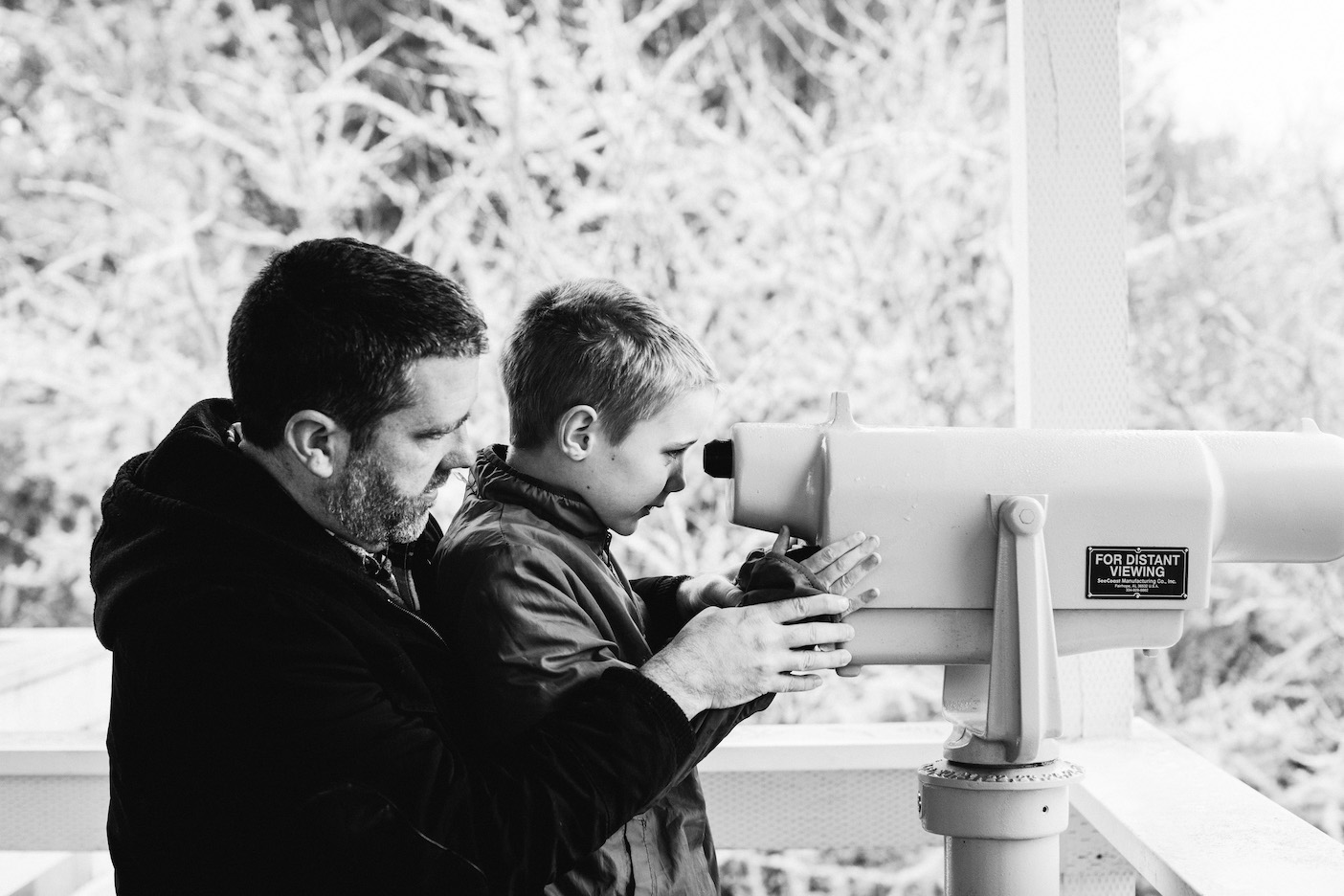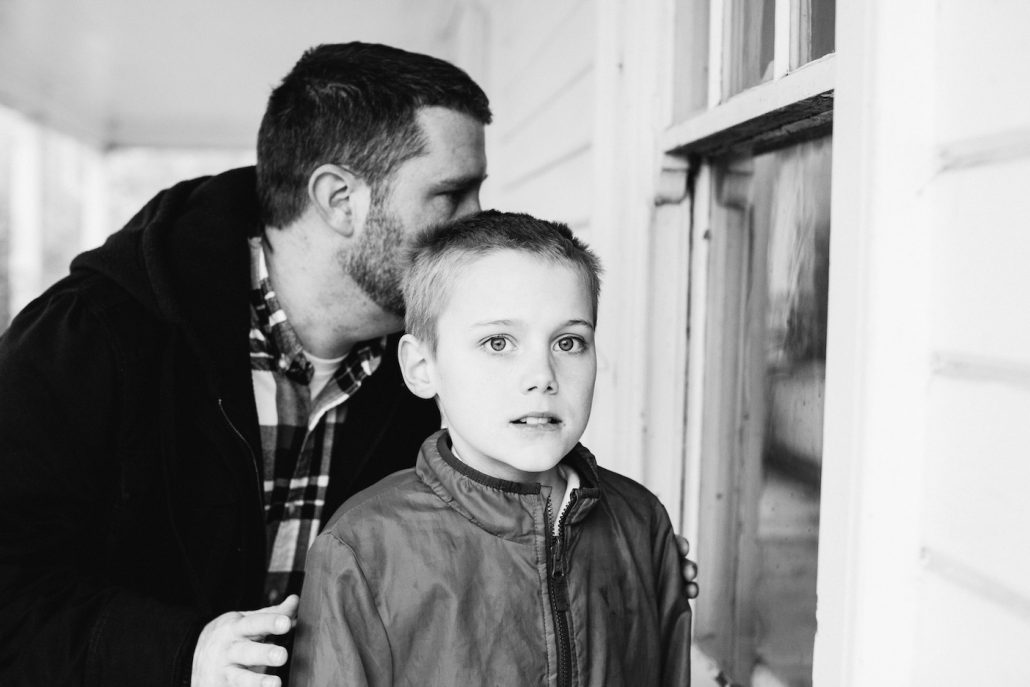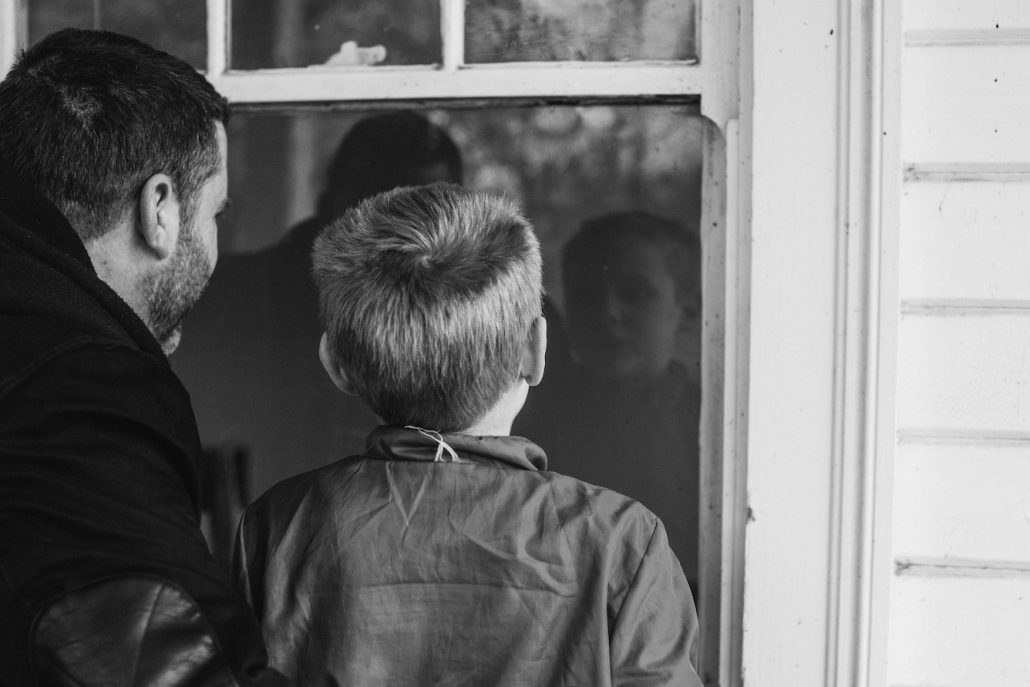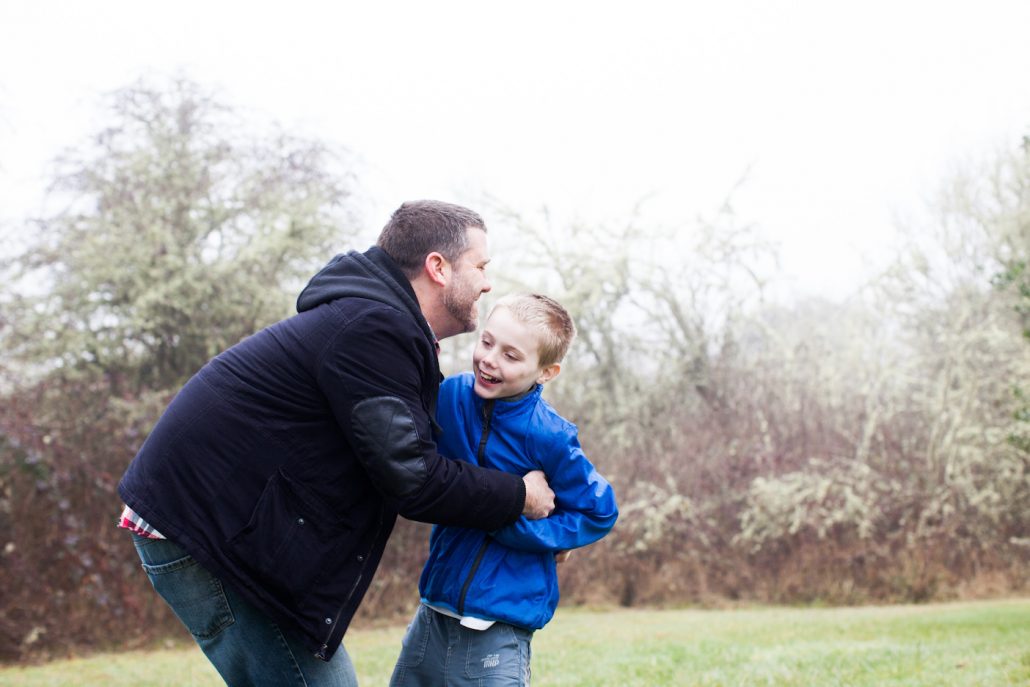A Clash of Gray and Gold: A Reflection on Self-Pity
“What do you want to talk about today, Jack?” my wife asked our autistic eleven year old.
“Cars 2.”
Sara is good at this “work time” thing. She takes him into his room, pulls out a big alphabet stencil, and asks him questions. Sometimes he waits for options before he answers. He likes picking options. But other times, he starts pointing to the letters to spell out his answers. And on the best days—-golden days-—he just says the words. Today was a combination.
“Cars 2 is…my favorite,” he chose. Of course, it was because of Mater, the Tow Truck. We know this.
She asked him why he liked Mater so much. Was it because he was happy? Or helpful? Or a hero? Or because he was a friend?
“Hero,” he said aloud. And then came the words: “I want to be.”
“Want to be what? Like Mater?”
“I want to be… hero.”
***
A month earlier, that same boy was sitting under his blanket for the tenth straight day, still as a scarecrow. There was no expression in his eyes. His face was pale and his lips were open just enough for a current of air to fill his lungs, then depart. But the thing that haunted me the most was his frailty. He looked like one of those boys in National Geographic. How much weight had he lost since he got sick? Was it the meds? The ones that are supposed to hold back the seizures? They’re only holding back his appetite and he’s having seizures anyway.
I looked into his blank eyes and wondered whether I ought to stay home from the conference. Sara was canceling because of this, and I was disappointed, even though I knew it was the right thing. A boy needs his mother. But no, he didn’t need me right then. Clearly. And that fact stung.
So I loaded up and said goodbye to him. He parroted the words back to me in breaths.
“Bye buddy.”
“Bye buddy.”
“I love you.”
“I wuv you.”
It was only two nights and Sara had plenty of help, so I sighed and got into the car. For the first half hour, I couldn’t shake it. The self-pity, I mean.
I kept thinking, my son doesn’t need me. It’s true, isn’t it?
I settled into my empty room at the conference which was not really a conference at all. It was a retreat for pastors and ministry leaders who need to remember Why they do what they do. At least I had a great view from my window. The mighty Pacific waves were pounding the mouth of a small river, pumping white foam back through the bends to where the seagulls play. And out in the ocean itself was a jagged rock with an impossible lighthouse standing guard over the coast. I wondered how the light keeper would get out there, and how lonely he must feel.
***
Special needs parents know about a lot of things. We know about hustle and perseverance and elbow grease. We know how to diffuse a meltdown and how to survive an IEP meeting on two hours of sleep. We know how to celebrate small victories, how to find the most obscure action figures on eBay, and how to never stop believing.
Some of us—many of us-—also know about self-pity.
We might feel it most acutely on social media. Anything can trigger the involuntary comparison machine: a typical picture of a neuro-typical kid doing neuro-typical things. Moments our child might never have.
Other times, simple isolation might bring it on. That comes on helpless afternoons when our kid won’t snap out of it. Won’t respond. We start muttering, “there’s nothing I can do, then what am I even good for, right?”
Seasons of sadness are inevitable. But sometimes that sadness snowballs, all the beautiful reds and blues and yellows desaturate. All the smiles we relish, the progress we are making, the joy our children deliver in the midst of the mess—we forget it all. We feel alone on a rock, surrounded by threatening waves, wondering how in the world we got there. It is a scary place to visit, and an altogether unhealthy one to stay.
The preachers tell us, “you can’t stop a bird from flying over your head, but you can keep it from building a nest in your hair.” This is as true of self-pity as it is of lust or anger. Sadness will fly overhead. Trouble will come. And while it is pure folly to pretend everything is fine, it is equal folly to live inside the shadows it casts. When we do, we rob our families of the joy they need from us, and we rob ourselves of the joy we need from them. Those joys can’t dissolve the sadness, no, but they have a way of pulling us back into the vibrance of a healthy life. We must not flee them.
I know there are deep grays. But there are also sunsets made of gold.
***
When I returned two days later to my family room, refreshed from rest, prayer, and ocean air, Jack wasn’t wrapped up in his sick blanket anymore. He was sitting shirtless and cross-legged in front of his favorite heater in the corner of the room. When he saw me, a smile crept up one side of his face, then the other. He held my gaze and I held his, and just like that all the colors came back.
“I want to be hero,” he said to his mother.
He already is.

Photo by Anne Nunn Photographers
(Feature photo provided under Creative Commons license by Judd Hall







